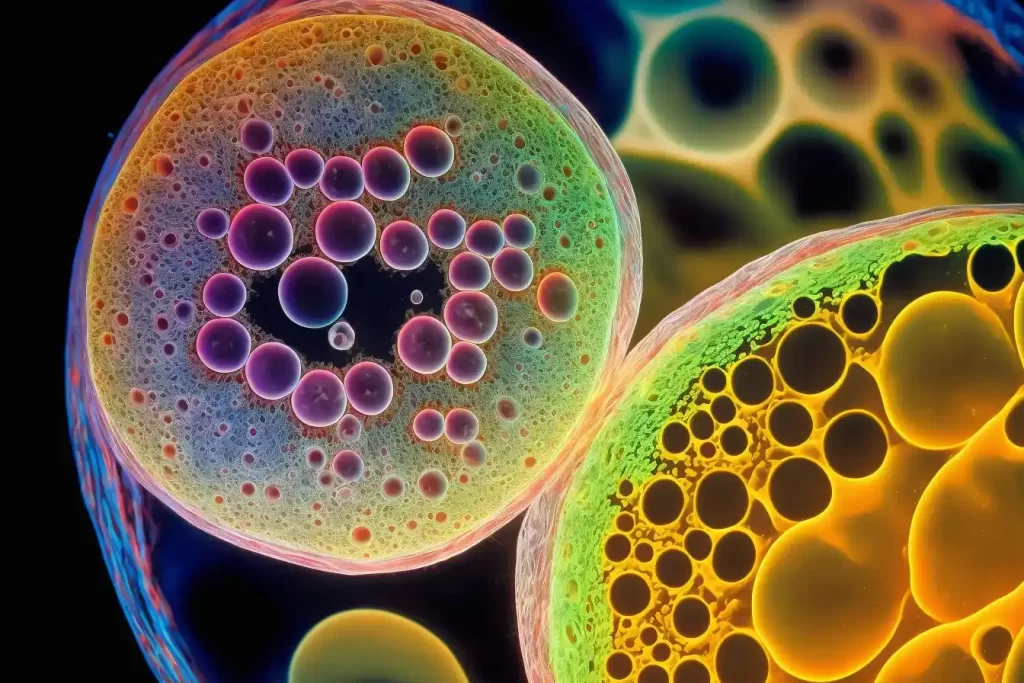In the realm of modern medicine, a revolutionary wave is sweeping through the corridors of healing, offering a glimmer of hope and the promise of transformative change. Regenerative medicine, a cutting-edge field at the intersection of biology, engineering, and clinical practice, holds the key to mending bodies and changing lives in ways previously deemed unimaginable. At its core, regenerative medicine leverages the body’s innate capacity for self-repairs and regeneration, tapping into the remarkable potential of stems cells. Stem cells, often referred to as the body’s master cells, possess the unique ability to differentiate into various cell types, thereby serving as the foundation for rebuilding damaged tissues and organs. This regenerative approach heralds a departure from conventional medical treatments, focusing on restoring functionality rather than merely alleviating symptoms.

One of the most promising facets of regenerative medicine lies in its potential to revolutionize the treatment of degenerative diseases. Conditions such as osteoarthritis, diabetes, and cardiovascular diseases, which have long posed formidable challenges to traditional medical interventions, now face a formidable adversary in the form of regenerative therapies. Stem cell therapies, for instance, have shown remarkable success in promoting the regeneration of damaged cartilage in joints, offering respite to those grappling with the debilitating effects of arthritis. Beyond the confines of degenerative diseases, regenerative medicine extends its transformative touch to the realm of trauma and injuries. Imagine a world where spinal cord injuries, once considered irreparable, could be mended through the strategic deployment of stem cells. This vision is inching closer to reality as researchers make strides in harnessing the potential of stem cells to stimulate nerve regeneration and restore function in paralyzed limbs. The once-daunting prospect of a life forever altered by a traumatic injury is now tempered by the prospect of regaining lost abilities.
In addition to its prowess in tissue regeneration, regenerative medicine science program is rewriting the narrative of organ transplantation. The perennial challenge of organ shortages may find its solution in the laboratory, where researchers are cultivating organs through the cultivation of cells on scaffolds. This bioengineering marvel not only holds the promise of addressing the organ donor crisis but also mitigates the risk of rejection, as the organs are grown from the patient’s own cells. While the promises of regenerative medicine are undeniably compelling, challenges and ethical considerations loom on the horizon. Ensuring the safety and efficacy of these novel therapies demands rigorous research, stringent ethical standards, and regulatory frameworks. Nevertheless, the trajectory of regenerative medicine signals a paradigm shift in healthcare, where healing transcends the palliative to embrace the transformative. As this field continues to evolve, its potential to mend bodies and change lives becomes not just a promise but a reality, offering a beacon of hope for those in search of a medical renaissance.